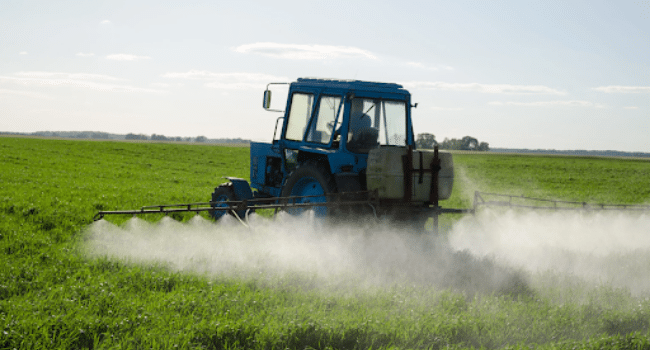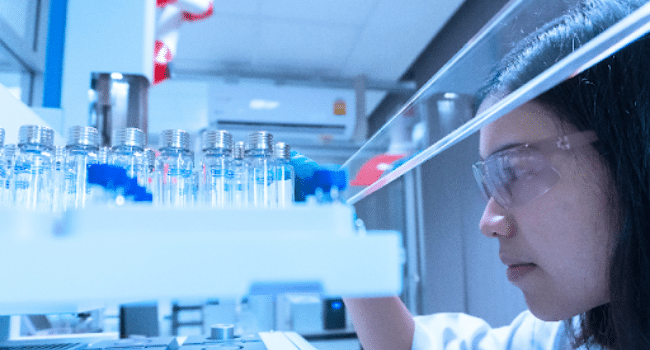Table of Contents
Despite the fast expansion of organic farming methods, pesticides are still widely used in the agricultural industry. You must complete the Environmental Protection Agency (EPA) Pesticide Registration & Evaluation procedure before using any pesticide in the United States. Even though the EPA has approved a pesticide, you must check crops treated with it for residuals.
Adopting the best practices and maintaining correct tolerances while using certified pesticides does not automatically make them unsafe. If you want to ensure the safety of agricultural goods, pesticide testing processes are stringent. Doing so assures that the pesticides employed and their residual quantities on the components are safe for usage.
Pesticide testing is not only confined to human food goods, as many people tend to think. You can perform pesticide testing at various labs for animal feed and non-food crops like cotton or grass. However, why is pesticide testing essential, and why is it emphasized? Here is why!
Safety
There have been many decades of chemical pesticide usage. When DDT was discovered in the 1960s, it was a significant threat to the environment and all living creatures. Because of this, DDT and other pesticides have been banned in the US and other nations. In partnership with the EPA, laboratories assist in developing analytical methodologies for assessing the danger of all pesticides. They also help with investigations into particular concerns such as crop damage or assessments of unlawful pesticide residues, completing chemical and effectiveness tests where necessary.
Testing will reveal whether your property is risky to construct on, grow crops on, or requires remediation before moving forward with your plans. Tests like this may also uncover problems with your drinking water or the stormwater that drains from your home or business property. It is essential to know whether your soil has any pollutants that might harm humans, animals, or the environment in other circumstances.
To ensure that you keep pesticide residues to a safe level
Concerns about food safety and pesticide testing have been raised in recent years. Of these, the most prevalent problem is the limits for US EPS. The EPA controls the number of pesticides allowed in or on food under the Federal Insecticide, Fungicide, and Rodenticide Act (FIFRA) and the Food Quality Protection Act (FQPA) to provide a safe food supply for the public to consume (FQPA). The “tolerance level” is the name given to the quantity in question.

If pesticide residues are above that amount, it will be susceptible to seizure by the EPA, FDA, or USDA. Numerous scientific researches, taking into account toxicity, exposure, and cumulative effects, are required to arrive at the tolerance limit.
Food production enterprises must know these standards and how they apply to their goods to guarantee compliance.
Enhanced well-being
Because of pesticide testing, harmful levels of chemicals have been significantly reduced and enhanced the health of the environment and the lives of humans alike. The protection of human health and the most important agricultural resources can only be ensured by adhering to these laws and continuing a comprehensive range of pesticide testing techniques for the environment and goods.
To verify your organic claims
For example, a USDA National Organic Program (NOP) analyte list may be used as a starting point for screening organic dairy products. To back up your organic claims, you may use the information provided on the screen. However, you must verify with your regulatory team to confirm that you have completed all testing necessary to substantiate your claim.
Effective and safe pesticide usage requires the use of high-quality pesticides. The pesticide’s toxicity to people and the environment may be increased by impurities created during production or by interactions in unstable formulations. When verifying the safety and efficacy of a pesticide in every country, international entities may rely on well-respected standards suppliers to conduct testing to confirm that the pesticide is safe. Remember, pesticides come with a fair share of advantages, but they also have a few disadvantages. It’s one of the reasons why pesticide testing plays such a vital role.
There is nothing wrong with using pesticides but ensure you practice safety. There is no need to compromise people’s health when you can avoid it before it’s too late.
Read more on KulFiy
Pest control And Its Contribution To Sustainability In The Food Sector
